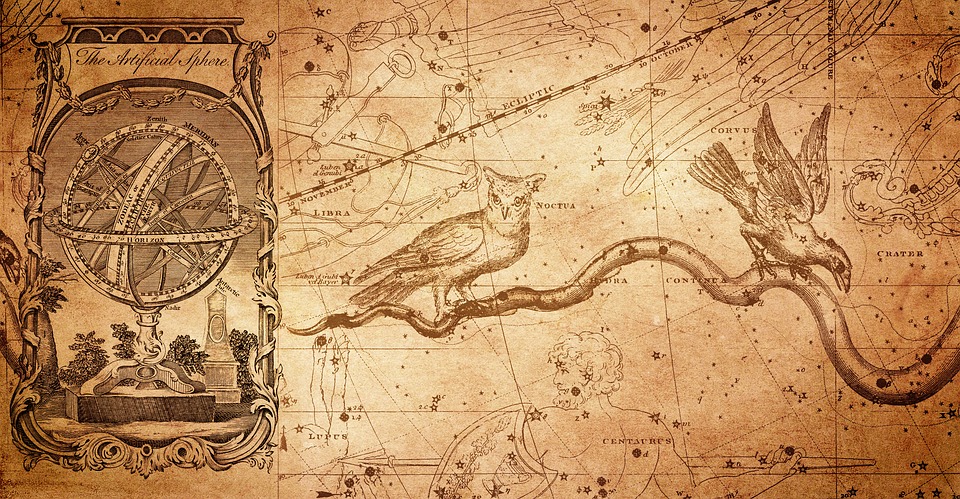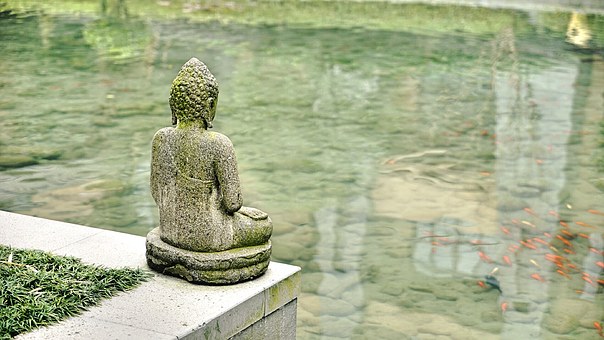Mabon (Celtic): Autumn Equinox, Winter Finding (Teutonic), Alban Elfed (Caledonii)
Around Sept. 21
During Autumn,we begin to see the waning of the Sun more obviously now as the days continue to grow shorter until the Wheel of the Year spins around again to Yule. At the Autumn Equinox, the days and nights are equal. It is a time of balance, but light gives way to increased darkness.
Tag: but
Beltane
April 30
Beltane:Mayday, Bealtinne (Caledonii), Festival of Tana (Strega), Walburga (Teutonic)
April 30 (Mayday is celebrated on the first of May)
Beltane is one of the Greater Wiccan Sabbats and is usually celebrated on May 1st, but can be on the night of April 30th, depending on your tradition. Beltane is the time of the sacred marriage which honors the fertility of the Earth; it represents the divine union of the Lord and Lady.
Self-Hypnosis: The Key To Self-Empowerment
This article was written by Carl Llewellyn Weschcke posted under Self-Help
The SELF!
Sometimes it is difficult to know and understand our “Self.” We think we know who we are, but then things happen and you wonder, “Why did I do that?” “Why did I say that?” “How could that happen to me?” “How did I know that?” “How could I have done that?”
But these are minor questions compared to the very idea that the “Self” may be bigger and more comprehensive that the “I” you identify with.
Continue reading “Self-Hypnosis: The Key To Self-Empowerment”
Cligés
by Brian Edward Rise
The nephew of Gawain and hero of a romance by Chrétien de Troyes. He is rightful heir to the throne of Constantinople but, upon the death of his father, the throne is usurped by a kinsman, Alis. Alis is married to Fénice but she and Cligés are in love. Despite this love, Fénice will not engage in an affair like Tristan and Iseult. Cligés goes and makes his name at Arthur‘s court. Fénice then fakes death and joins Cligés. They live together until eventually marrying after Alis’s death.
Boudica’s last battle – the possibilities compared
Introduction by Bob Trubshaw
Generations of schoolkids have been brought up on the fateful battle of Boadicea against the Roman army. Modern historians would prefer to spell her name Boudica – which means ‘Victoria’ in British Celtic languages – but they have little evidence to offer for the site of the fateful encounter. Nevertheless, a number of suggestions have been put forward. At the beginning of this year, as a result of helpful ‘intervention’ by Philip Heselton, I was approached by Broc Beag who had discovered little-known references to Boudica’s last battle being in north Wales. This is mostly nineteenth century antiquarian speculation and much of the ‘evidence’ relies on regarding bronze age burial mounds and Anglo-Saxon cross shafts as contemporary with the Roman invasion but, nevertheless, suggests that there is a deep-rooted local tradition for Boudica’s battle being in this vicinity.
Continue reading “Boudica’s last battle – the possibilities compared”
The hills are alive . . .
Bob Trubshaw
‘…with the sound of music’ I hear you all chant, grimacing at the thought of Julie Andrews’ grin permanently putting paid to Switzerland’s credibility. But, as good pagans all, we know the hills are alive and, as I hope to show, they should resound to music.
Channeling Spirit Guides
Glendower: “I can call spirits from the vasty deep.”
Hotspur: “Why, so can I, or so can any man;
But will they come when you do call for them?”
– Henry IV, Part I
Black Annis of Leicestershire
by herself
Some of those fuddy-duddy men who like to collect quaint stories – “folklorists” is how they’ve started to call themselves in the last century or so – come up with some right howlers as they sit there in their armchairs getting boozed. Let’s you and I get a thing or two straight. The name’s Black Annis, but you may call me ‘Cat’ Anna between yourselves – but not to my face, if you value the appearance of yours. As any kid growing up in Leicester would have told you, my home used to be Black Annis’ Bower Close – a posh address for a cave, but that’s what happens when you’re famous. It’s in a small natural outcrop on the Dane Hills – that’s off to the west of the city on the way to Glenfield, if you’re not from these parts.
Dudugera
by Dr Anthony E. Smart
The leg child who became the sun, in Papuan mythology. One day a woman who was in a garden near the ocean, seeing a great fish playing in the surf, walked out into the water and played with it. Some time later the woman’s leg, against which the fish had rubbed, began to swell and become painful, until at last she had her father make a cut in the swelling, out of which popped a baby. The child, called Dudgera, grew up in the village, but his aggressiveness made him unpopular with the other boys. Fearing for his safety, the woman brought her son to the huge fish, who seized Dudugera in his mouth, and swam away. Before departing with his father though, Dudugera warned his mother and her relatives to take refuge behind a great rock, as he was about to become the sun.
Buddha and Reiki: A Personal Experience
by Anja Heij
The Buddha and Reiki are in a beautiful way related in my life. Perhaps not so amazing, since the man who discovered Reiki, Mikao Usui, was a Japanese Buddhist.
About three years ago I bought a bronze with gold plated Buddha statue in Ladakh. It sits on my altar on a heavy marble socle, surrounded by other religious objects. I worked on free information for the web site. A friend told me that I should ask money for my work, but I chose to first show people my way of approaching subjects for free; in a later phase I wanted to implement Reiki courses on payment.









